It has now been over 100 days since Hamas terrorists invaded Israel to carry out a killing spree of brutal murder, rape and mutilation. In the wake of those well-orchestrated and sophisticated attacks, Israel’s response has rendered the entire Gaza Strip nearly uninhabitable. There is nowhere safe in Gaza. With daily attacks carried out by Hezbollah in Lebanon and the Houthis in Yemen against Israel by air and by sea, the threat of a full escalation of hostilities continues to loom over the entire region.
Over last four months, the two authors have lived in a state of war even outside the war itself. We see our respective diaspora communities, Jewish and Arab, becoming more and more entrenched in separation, hatred and fear. We are two women choosing another way, and that is to dialogue. We do not know where our dialogue will get us or anyone else, if anywhere, but we understand that not doing so will guarantee more destruction through the othering of each other. We refuse to participate in this hopeless dynamic.
Ultimately, our hope and goal is to speak in one voice.
We are daughters of the land. Long ago, the Jewish matriarch Sarah, for reasons we will never know entirely, asked our shared patriarch, Abraham, to cast out Hagar and her son Ishmael. Ishmael, Abraham’s son by Hagar, became the father of the Arabs; Isaac, Abraham’s son by Sarah, became the father of the Jews. We don’t know why there was not room for two boys — Isaac and Ishmael — born of two women, or why they both couldn’t live together in the land that God promised their father, Abraham. What we do know is, because of that decision, our peoples are enduring the repercussions of those actions. Ishmael and Hagar were cast out. Later, the descendants of Isaac, for different reasons, left the land of Canaan too. After very different journeys, we have all returned.
We have connected and committed to each other as daughters of Abraham. We acknowledge that we are two members of a dysfunctional extended family whose discord is deadly. In spite of this, we opened our hearts and intentionally sought to foster connection. Something greater than us brought us together and we believe it to be good.
One of us is a daughter of Palestine, the youngest of eight daughters. Her parents immigrated to America from a small village in the West Bank, called Deir Debwan, four miles east of Ramallah. Although her parents were in America, they held tight to their Palestinian culture and Muslim faith. Nada’s identity is deeply rooted in her Palestinian heritage, and she dreams of a peaceful, prosperous, free Palestine.
One of us is a daughter of Israel, the grandchild of Holocaust survivors, and the proud wife of a former IDF Captain. She is Jewish, American, and Israeli. For her, every centimeter of Israel is steeped with her history and heritage, and her heart always yearns for Zion.
The two of us are deeply connected to this holy and tragic land.
Learning to speak together
We are both mothers. We are bringing up another generation of Palestinian and Israeli children in the diaspora. We feel the obligation — no — the choiceless choice to support our respective peoples who are suffering, dying both physical and spiritual deaths.
To the daughters of Palestine: Nobody is coming to save us — especially not the men who we allowed to lead and who contributed and continue to perpetuate this violence. Our leadership has failed. So it is our turn. We were born for such a time as this. We owe it to our ancestors and the future generations — not despite the fact that we are privileged to be safe in our first-world countries, but because we are safe. Our people in Palestine are in survival mode. We are not. We can move toward reconciliation. We can talk — no, listen — to each other. We can intentionally reach out to the daughters of Israel just for the purpose of listening. We can hear their cries.
To the daughters of Israel: Once again we are mostly alone, with very few willing to acknowledge us as human beings, deserving of security and self-determination. The more we try to assert and insist on our right to exist, the more enemies we seem to make. Since October 7, we’ve learned that the most powerful leaders and spokespeople for international human rights and justice, and the most erudite, elite institutions of the world turn a blind eye or concur that the brutalization of our sisters’ bodies was reasonable, justified and deserved. After all, we are the people who, generation after generation, the world believes that the panacea for all that ails humankind is to clean and rid it of the Jews. We are in survival mode. To come out of this alive, we need the daughters of Palestine. We can no longer pretend that we can do this alone.
The most difficult part of this work is overcoming the feeling that we are betraying our people who need our voices to amplify their cries to the other side. It feels disloyal to utter the failures of our own people who contributed and continue to contribute to our own suffering, yet it is necessary.
This is not easy. It is easier to stay in our echo chambers, yelling for people to hear our cries and get angry when they don’t. It feels weak to stop our yelling and start listening. It is challenging to rise above emotion and use our intellect to think through the historical, spiritual and political issues. It is emotionally messy — there is always an overwhelming cloud of grief, making every ounce of effort given to anyone or anything utterly exhausting. Opening up is always a risk — you could get hurt. But that hurt is not as agonizing and damaging as the loneliness and anger that naturally result from disconnection and division.
We discovered that we didn’t get hurt when we had a vulnerable conversation with each other. In fact, we felt healed, seen, affirmed, valued, and lifted up. We became empowered and, above all else, not hopeless. But just the two of us — it isn’t enough.
Our words are a plea to you: daughters of Palestine and daughters of Israel. We share in the loss of our humanity. Let’s try to reclaim it together.
[Anton Schauble edited this piece.]
The views expressed in this article are the author’s own and do not necessarily reflect Fair Observer’s editorial policy.
Support Fair Observer
We rely on your support for our independence, diversity and quality.
For more than 10 years, Fair Observer has been free, fair and independent. No billionaire owns us, no advertisers control us. We are a reader-supported nonprofit. Unlike many other publications, we keep our content free for readers regardless of where they live or whether they can afford to pay. We have no paywalls and no ads.
In the post-truth era of fake news, echo chambers and filter bubbles, we publish a plurality of perspectives from around the world. Anyone can publish with us, but everyone goes through a rigorous editorial process. So, you get fact-checked, well-reasoned content instead of noise.
We publish 2,500+ voices from 90+ countries. We also conduct education and training programs
on subjects ranging from digital media and journalism to writing and critical thinking. This
doesn’t come cheap. Servers, editors, trainers and web developers cost
money.
Please consider supporting us on a regular basis as a recurring donor or a
sustaining member.
Will you support FO’s journalism?
We rely on your support for our independence, diversity and quality.


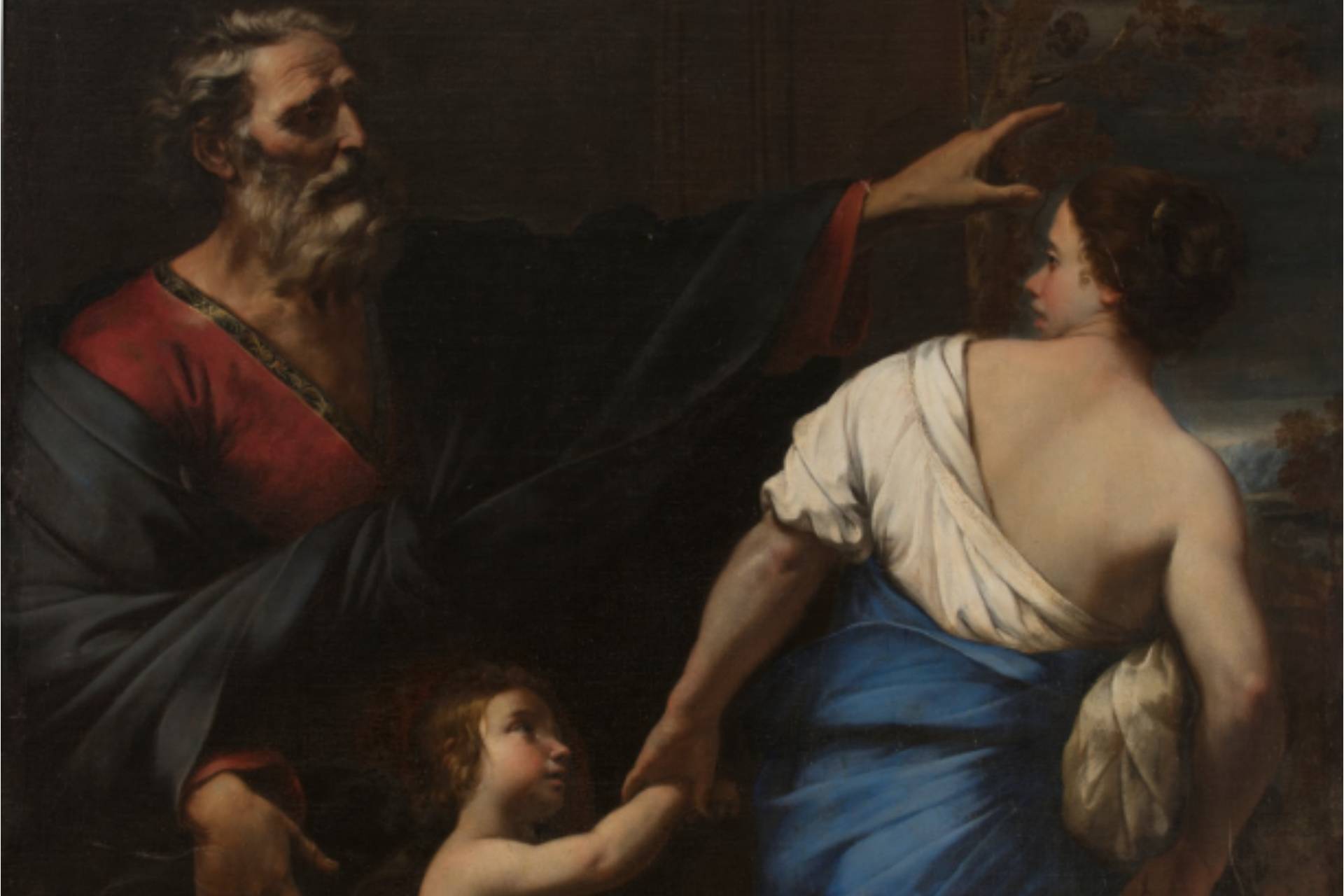
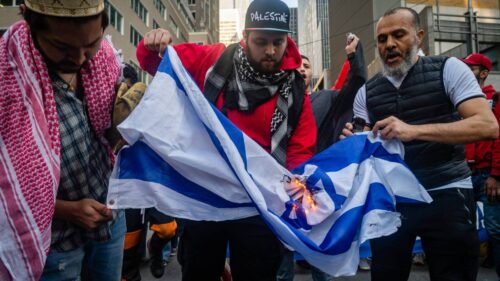
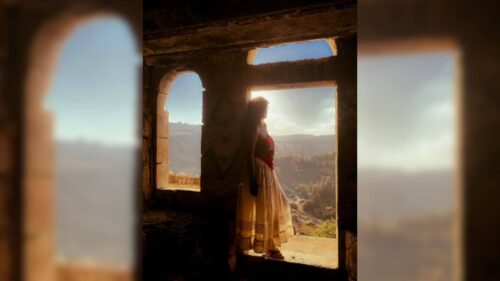
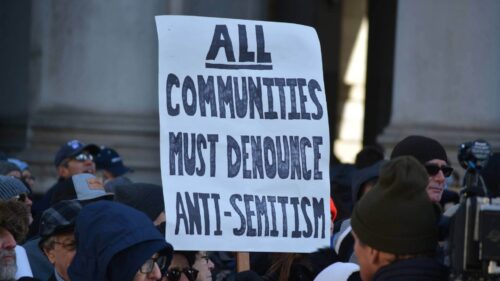
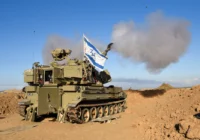
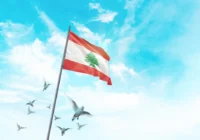


Comment